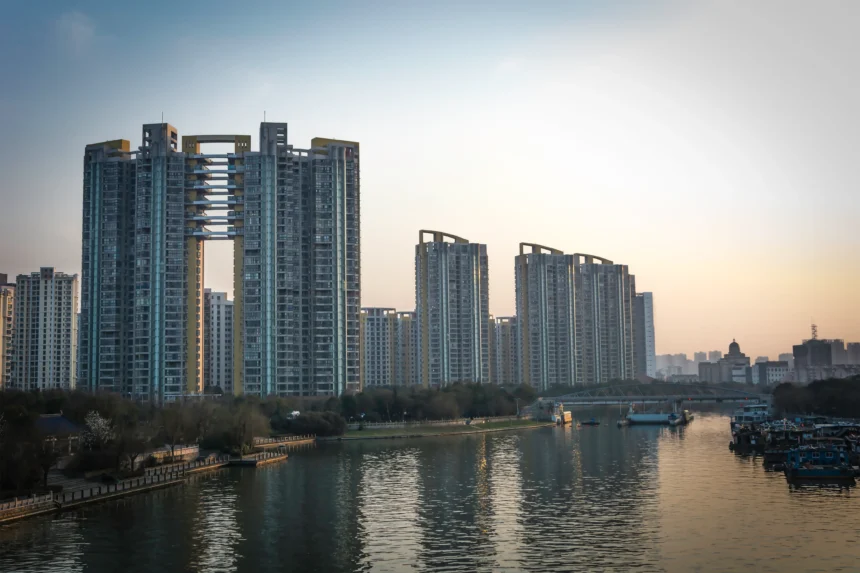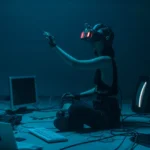It was 2 a.m. when I stumbled across a Reddit thread titled Games that feel too real.” Bleary-eyed and curious, I clicked through comments until one name popped up again and again simp city su. I had never heard of it, but the community buzzed with stories of players building lives so immersive that they lost track of time, emotions, and sometimes even reality. As someone who had always dismissed simulation games as casual distractions, I decided to give it a try. What followed wasn’t just a game it was an experience that challenged the way I saw creativity, control, and connection.
What Is Simp City SU?
A New-Gen Simulation Game Built for Depth
At its core, simp city su is an advanced simulation universe where players craft not just cities, but entire digital ecosystems. Think of SimCity meeting The Sims, but with added realism, complex interpersonal AI interactions, and social consequences tied to player choices. Released by an independent studio with a cult-like following, the game has become a phenomenon for players who crave deep immersion.
Built with Gamers in Mind
Rather than shallow gameplay loops, simp city su focuses on:
-
Dynamic character arcs: Non-playable characters (NPCs) remember your actions and evolve accordingly.
-
Real-time consequences: Build a factory too close to a neighborhood? Watch pollution affect nearby families.
-
Role customization: Be a politician, street artist, or underground hacker—the game doesn’t force a path.
This flexible narrative structure ensures no two players share the same story.
Key Features That Set It Apart
AI-Driven Personalities
Unlike many games that use repetitive scripts, simp city su uses machine learning to simulate believable human behavior. Your virtual neighbor might protest your building expansion, or an old friend might turn into a rival if you pursue political power.
Social Simulation Engine
This core engine tracks economic status, emotions, and societal shifts over time. It’s not just about managing buildings—it’s about managing people and relationships in your city.
Realistic Economics
With an in-game cryptocurrency and fluctuating market, players experience trade, inflation, taxation, and even corporate lobbying, making the in-game financial system eerily lifelike.
Community and Mod Culture
Why the Game Has a Cult Following
The simp city su community is known for creating mods that push boundaries. From retro city themes to dystopian futures, the fan-made content adds layers to an already intricate world. Streamers and YouTubers have even turned gameplay into long-running drama series watched by millions.
Events and Collaboration
-
Weekly Town Hall Meetings: In-game virtual debates where player-led parties vie for power.
-
Seasonal Challenges: Add earthquakes, economic collapses, or even zombie invasions.
-
Cross-World Trades: Collaborate with other players in different city-worlds for strategic advantage.
Why It Matters in Today’s Digital Era
The Rise of Virtual Identities
In a world where remote work and digital interactions dominate, games like simp city su serve as training grounds for decision-making, social skills, and emotional intelligence. They reflect our real-world complexities in a low-stakes environment that still feels meaningful.
Digital Escapism Meets Real-World Lessons
Despite being a game, simp city su teaches:
-
Urban planning and ethics
-
Sociopolitical systems
-
Consequences of leadership
It’s become more than just a game it’s a living simulation of society.
Should You Try It?
If you enjoy:
-
Deep storytelling
-
Moral ambiguity
-
Customization and creativity
Then simp city su might be your next obsession. But be warned it’s not for the faint-hearted or casual gamer. Decisions ripple through time, and the emotional investment is real.
Final Thoughts
The night I logged into simp city su, I thought I was simply playing a game. But what I discovered was a mirror of society, a canvas for imagination, and a test of values. Whether you’re a strategist, a storyteller, or someone searching for a deeper digital connection, simp city su is more than just a game it’s an experience. So, are you ready to build not just a city, but a legacy?





